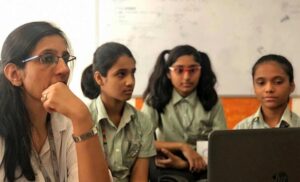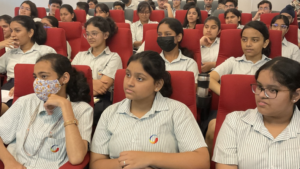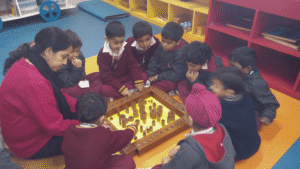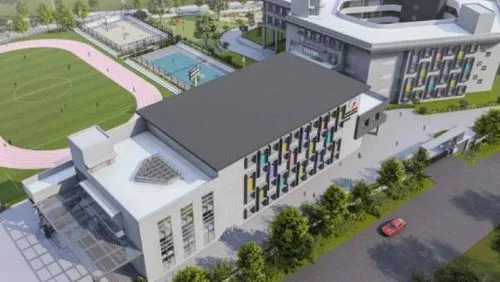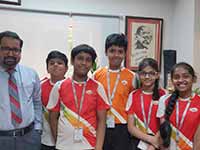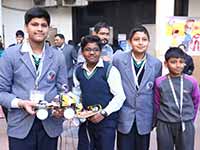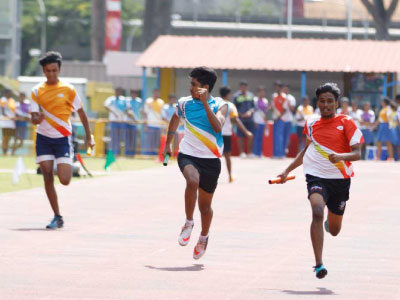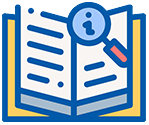For so many years, CBSE board exams were like a last battle all or nothing, depending largely on how much you could memorise. But the times are changing now. In 2023, the CBSE official website syllabus section announced that more than 50% of the Class 10 and 12 exam questions will now be competency-based.
That means students are assessed more on understanding than on memorisation. This shift is part of a broader reform in how CBSE approaches learning. Let’s have a look at what exactly changed and how it benefits students.
Major CBSE Exam Reforms: What’s Changing?
The CBSE new curriculum is based on the National Education Policy (NEP) 2020, which focuses on critical thinking and conceptual clarity. Some of the significant reforms are:
- Competency-Based Questions: Rather than asking mere theoretical questions, students will be asked about how specific concepts work in the real world with examples.
- Less and Rationalised Syllabus: Particularly post-COVID-19, CBSE reduced unnecessary content while keeping the core learning intact.
- New Assessment Pattern: Focus on internal assessments, practicals, and project-based testing.
- Digital Solutions and AI Grading: Quicker and less error-prone result processing through Artificial Intelligence.
Benefits of New CBSE Reforms For Students
Decreased Academic Stress
An NCERT survey found that almost 80% of students from classes 9 to 12 have anxiety due to exams and results. CBSE tries to address this issue with the new update.
Under the new pattern, there are more multiple-choice questions in exams. Thus, students are relieved from the pressure of memorising long essays.
Yet another change is the increased focus on the internal assessment system. Since 20-30% of the marks are obtained internally, students don’t depend on a single exam anymore. Above all, the CBSE syllabus for class 12 has undergone a major change to let students cram less and think more. All these help reduce comparison-based stress among students.
Competency-Based Education
Reports state that only 51% of Indian graduates are employable. The absence of a skill-based education system has caused such a major gap. That’s why CBSE is shifting away from old-school tests that focus on memory. The new syllabus focuses more on critical thinking and application-based learning.
The era of getting high marks simply by memorising answers is past. The CBSE syllabus for class 12 is moving towards an international PISA test framework. As part of that, many international curriculum schools in Noida are focusing on more case-based learning sections. For instance, English papers contain passages that need interpreting and reasoning.
Cross-disciplinary thinking is also encouraged. A science problem may require mathematical logic or geography understanding to solve.
Inclusivity and Fair Evaluation
The CBSE official website syllabus has announced a change towards more equitable and balanced examinations. Now, the body:
- Provide opportunities for students to excel in regular learning, not just in exam centres.
- Facilitates quicker and unbiased exam evaluation through an AI-based scanning system.
- Encourages students by providing examinations in various Indian languages to ensure inclusiveness.
This is particularly crucial for students from rural and under-resourced schools, where resources are scarce but talent isn’t.
Technology and Future Readiness
CBSE is taking the classroom closer to 21st-century learning with some significant reforms like:
- Students can now view official mock papers in digital format on the CBSE official website syllabus section.
- New subjects such as Artificial Intelligence, Coding, Entrepreneurship, etc., are introduced by CBSE in syllabus.
- Teachers are now learning to conduct tests with tech tools to get immediate feedback.
As the best school in Noida, Global Indian International School has a proper infrastructure to support such technology-driven teaching methods.
Internal Assessments and Two Board Exams
Final exams aren’t the sole deciding point any longer. CBSE now allocates 20-30% weightage to internal assessments. It’s based on projects and presentations.
That means students will spend more of their time on practical projects. And guess what? Teachers evaluate students all year round, not confined to a single 3-hour exam.
On top of that, CBSE has allowed two attempts at board exams in 2020, with the best score being taken into account. That’s a real boon for students who are nervous about exams.
When a student performs poorly on the first attempt, they have a second opportunity. Thus, students understand that failure is not absolute and there is always a chance to grow.
Challenges of CBSE Reforms
Even though reforms sound great, there aren’t many changes:
- Traditional methods continue in many schools. The need for teachers’ retraining cannot be avoided.
- Schools in rural areas need up-to-date infrastructure for integrating digital education.
- Students, parents, and teachers are still getting used to new expectations.
Conclusion
Marks are no longer the sole criterion for defining education. They are slowly becoming about skill development. That’s a big win for students of the CBSE syllabus for class 12. But the catch is that these changes need the right kind of environment to really work.
At GIIS Noida, that’s the kind of space we’ve built. We have a modern technological infrastructure system to support CBSE’s vision of future readiness.
Because, in the end, exams will come and go. But the passion for learning that’s what remains.
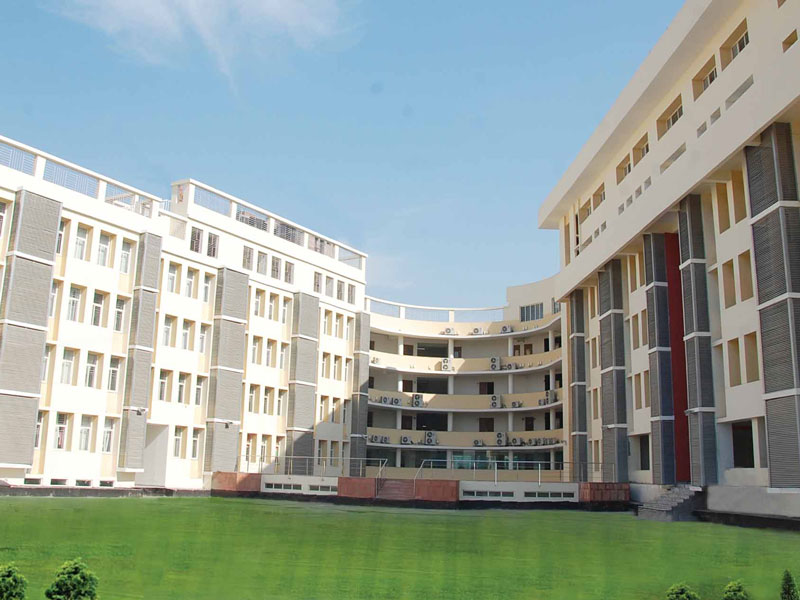 Noida Campus
Noida Campus




